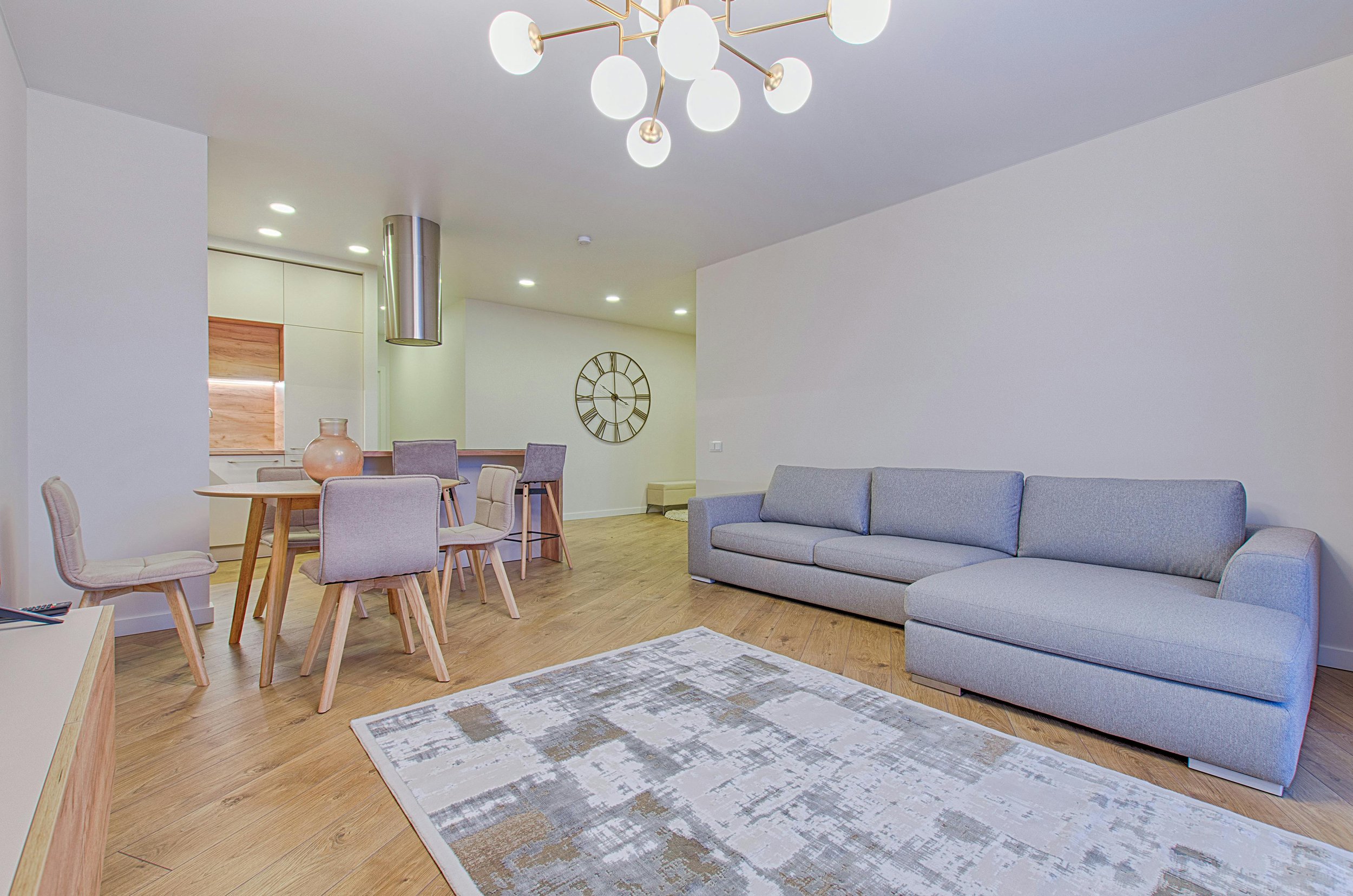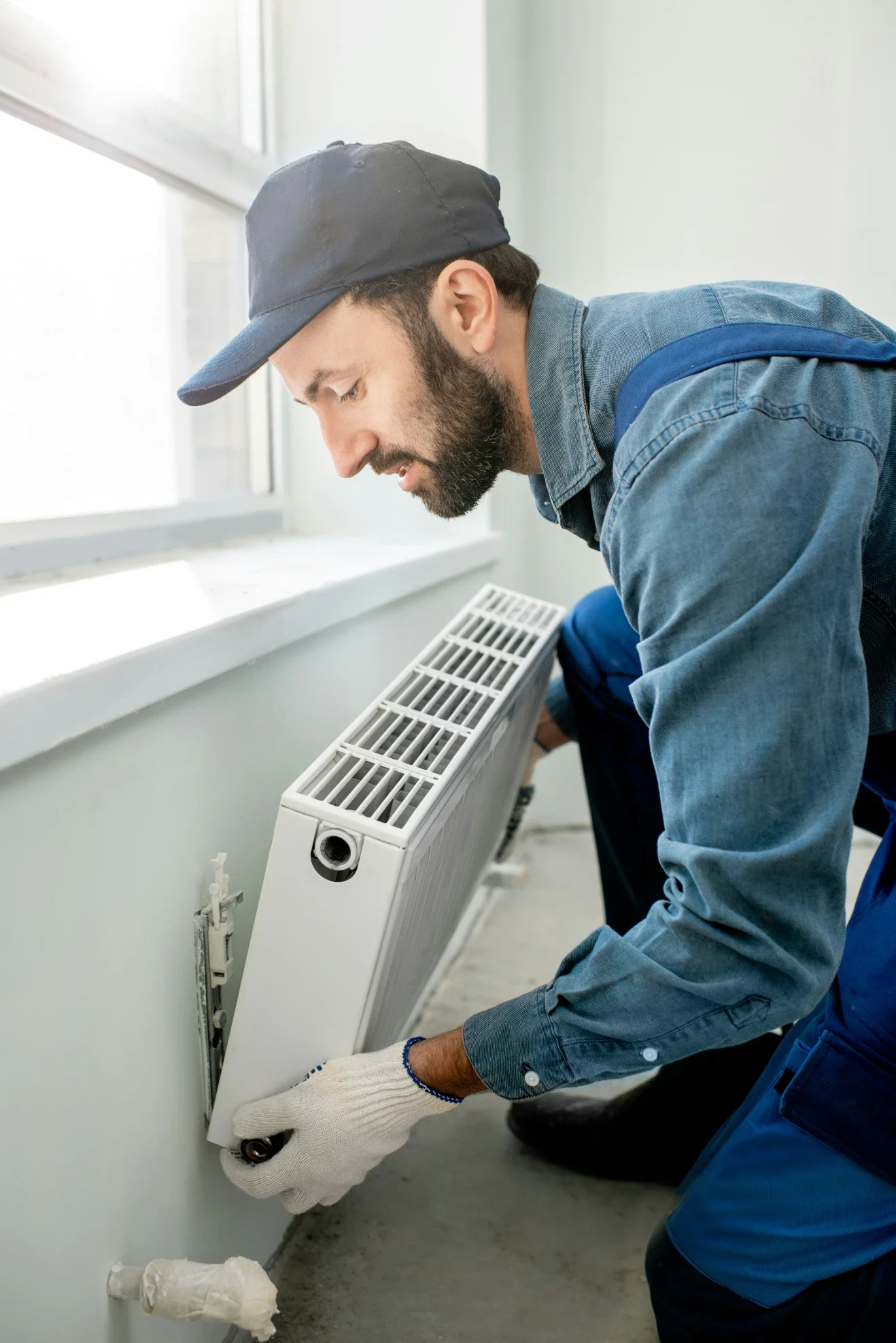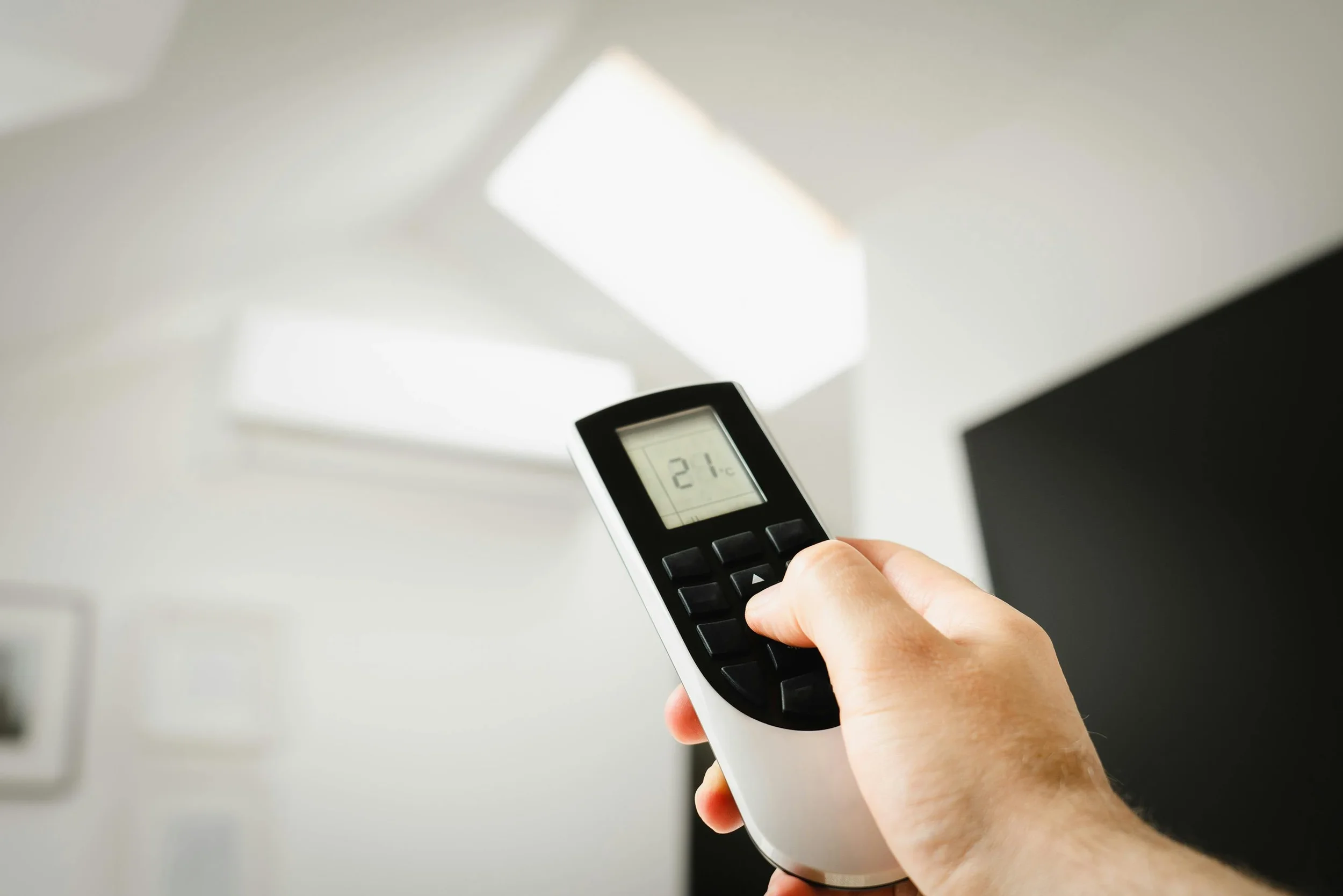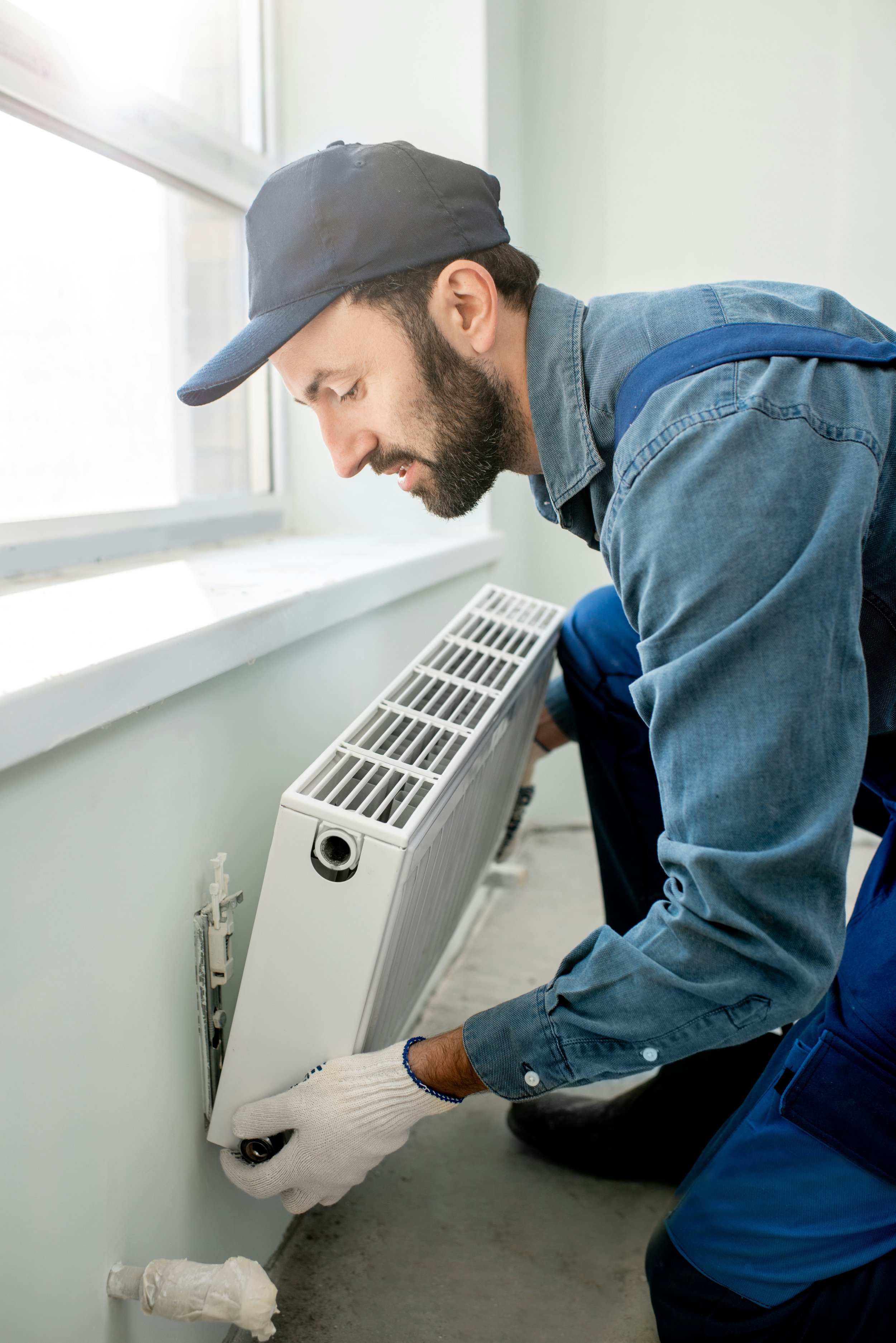The Importance of Zoning Systems in Efficient Home Heating and Cooling
Learn how zoning systems can improve home heating and cooling efficiency, enhance comfort, and reduce energy costs by allowing customized temperature control for different areas.
With each passing day, it becomes obvious that zoning systems provide one of the best solutions for energy efficiency and comfort in heating and cooling a house. The system segregates a dwelling into distinct areas or "zones," each with its own temperature control, hence allowing the more efficient management of climate. This article looks into the role played by zoning systems in enhancing home heating and cooling, considering their benefits, how they work, and factors to put into consideration for installation.
How Zoning Systems Work
A zoning system works by maximizing heating and cooling in the home through dividing the areas into independent zones. Each zone will often have its own thermostat, allowing occupants to set different temperatures for different areas around the house according to personal preferences and usage. This is in contrast to the usual single-zone systems where one thermostat controls the whole house, usually at the expense of energy waste and discomfort.
Advantages of Zoning Systems
One of the key benefits with zone systems involves how the control of climates can be tailored to individual needs. Other than size, larger rooms or smaller areas of a house may be devoted to different uses and may hence be more or less occupied, thereby needing more heating or cooling at different times. The bedrooms will need to be kept cooler to sleep more soundly, whereas the living rooms require warmer temperatures during lounging. The zoning system allows each area to be adjusted independently for the comfort of every occupant.
Energy Efficiency and Cost Savings
Zoning systems contribute a great deal to energy efficiency, directing heat and cooling only to where it is needed. Instead of heating or cooling the whole house up, a homeowner can direct his or her attention to particular zones to decrease energy use and lower utility bills. For example, during the day, the system can maintain an area of unused rooms or zones at a cooler temperature while heating or cooling only areas of active use. This greatly reduces energy waste and, over time, saves an enormous amount of money.
Less Wear and Tear on HVAC Systems
By ensuring that heat and coolant are distributed more efficiently, zoning systems are able to reduce the overall workload placed upon HVAC systems. Because the systems are generally sized for a whole-house load, traditional systems run fully when they operate. That means increased wear and tear on equipment. Zoning systems can operate in a better balance because they're only heating or cooling where it's needed. This can extend the lifespan of HVAC components and reduce the frequency of air conditioner repair.
Improved Air Quality
Zoning systems can also positively impact indoor air quality. By more effectively controlling airflow and temperature, these systems can reduce the humidity and air circulation issues inherent in a specific region. In some cases, zoning systems are installed with high-efficiency air filtration systems that deliver purer air, decreasing the allergens and contaminants within your home.
Installation Considerations for a Zoning System
In short, zoning is creating a system that maps out an accounting of all heating and cooling needs for the home. An HVAC technician is going to consider the layout of the home, any pre-existing duct work, insulation levels, and other factors in the design of a proper zoning system. Of course, like most things, it is only as good as the proper installation and calibration it receives.
For the optimum performance, zoning systems should be installed with the present HVAC equipment. Some of the older systems may need an upgrade or modification to work with the zoning components. A professional can make recommendations based on the changes that may need to be done or enhancements for compatibility.
Cost and Return on Investment
Although this is of value, it does come with a cost. The big factor to consider is the upfront cost associated with installing a zoning system. The savings may come over time as reduced energy bills, and along with comfort and efficiency, this often outweighs the investment in the costs of the upfront investment. To get the biggest value out of installing the zoning system, it is best if the homeowner estimates what they can save with the installation and if the estimated cost saved can offset the installation of the system.
Maintenance and Upkeep
Like any HVAC system, zoning systems require periodic maintenance to ensure peak performance. Regular inspections and servicing by a qualified technician prevent any problems before they start and keep it running at maximum efficiency. Homeowners need to note any changes that may be made to the home in usage patterns or in layout that can affect how the zoning system operates.
Conclusion
The zoning systems, which play a major role in bringing more efficiency to home heating and cooling by giving specific control to temperature regulation and energy consumption, help homeowners achieve greater energy savings, less wear and tear on HVAC equipment, and better air quality. If planned carefully, installed professionally, and well-maintained, zoning systems can offer some pretty great long-term benefits, along with enhancing comfort inside the house to a great extent.








